Veganism is a lifestyle that is based on the ideology that humans should not exploit animals or the environment for their needs. Vegans refrain from utilising any kind of animal products for food, clothing, or work, amongst other things, and they do not differentiate between any species as they consider all animals equal. Simply put, veganism is the practice of avoiding the use of any animal products—particularly in our diet—including meat, eggs, and dairy products.
Myths about veganism
Additionally, there are countless myths, misconceptions, and assumptions about being vegan from all corners. We got Nidhi Nahata—Founder, Justbe Resto Cafe, Bangalore, and food therapist—to debunk a few common floating speculations.
1. Milk has a lot of calcium
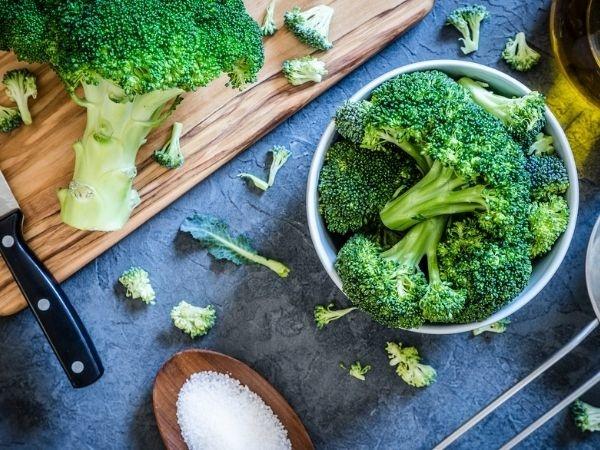
Credit: iStock
There is an existing misconception that only cow milk contains calcium. So, what is the optimal source of calcium? Like plenty of other nutrients, calcium is readily available in a variety of plant-based foods that are better absorbed by the body than dairy. Think broccoli, cabbage, kale, almonds, chia, beans, pulses, leafy vegetables, and more. Therefore, even if you are not vegan, having a wide range of calcium sources in your diet can be a healthier option.
2. Animal protein is more important than plant protein
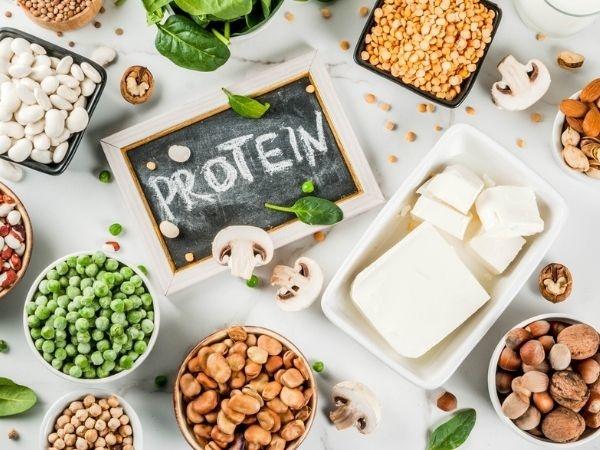
Credit: iStock
Incidentally, the animals that are consumed for so-called protein are fed on a plant-based diet, which basically means that we are consuming the same and/or processed protein through dead tissues or extracted produce from an animal. For those on the lookout for plant-based protein sources, there are plenty of options like soya, lentils, pulses, broccoli, seaweed, peas, spinach, beans, brown rice, whole wheat bread and pasta, quinoa, peanuts, cashews, almonds, pistachios, walnuts, oats, and seitan tofu.
3. Vegans have B12 deficiency
Vegans, vegetarians, or non-vegetarians—all could have deficiency because of vitamin B12, which is a bacteria found in nature. The sources of vitamin B12 are commonly questioned in reference to being vegan, since the most common source is assumed to be animals and animal products. But the reality is that vegans can achieve the intake needed through reliable sources, such as supplements or fortified foods.
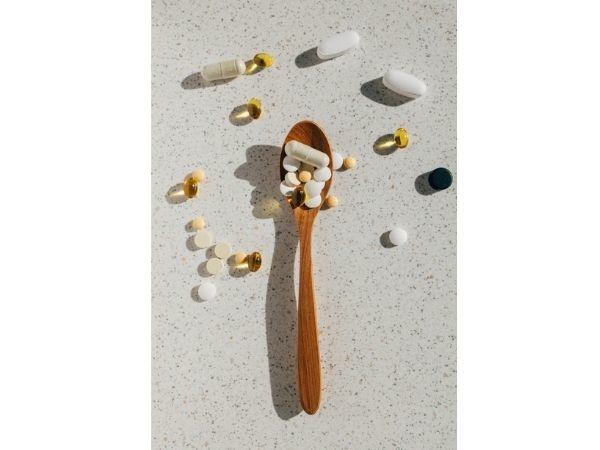
Credit: iStock
Vitamin B12 is produced by certain microorganisms and is processed while consuming cobalt from a plant base. However, our modern day agriculture prevents these nutrients to be transferred into our bodies through either sources-–animals or plants. Therefore, vegans, vegetarians, or non-vegetarians need to normally be given cobalt or B12 supplements to attain suitable levels regardless of their dietary preference.
4. Vegan lifestyle is very expensive
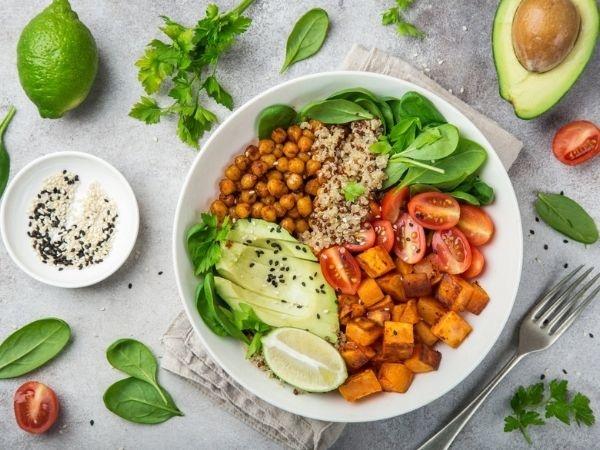
Credit: iStock
The limited accessibility to vegan food and alternatives is one of the biggest restrictive misconnects prevalent in our society. The reality is that, similar to any diet, plant-based eating is only expensive if there are a lot of quick-to-eat processed foods, readymade meal preps, and products from vegan-specific brands. There are plenty of vegan foods and ingredients that are affordable in India, especially if the diet is centred around cheaper foods like fruits, vegetables, grains, lentils, beans, and several others. Good planning can make vegan diet more affordable than the ones that include animal products.
5. Pregnant women need milk and dairy

Credit: iStock
“You cannot be vegan when pregnant” is a common misconception for soon-to-be vegan parents. The basic fact is that pregnancy is a challenge for the body, no matter what diet you are on and usually requires additional nutrients. It is advised to be closer to iron and vitamin B12, which can be attained on a vegan diet as well. The tradition of milk being one of the most integral components of our diet has been prevalent for decades. We need to be mindful and bring logical reasoning in choosing food for soon-to-be parents as well as children.
6. Soy increases the chances of breast cancer
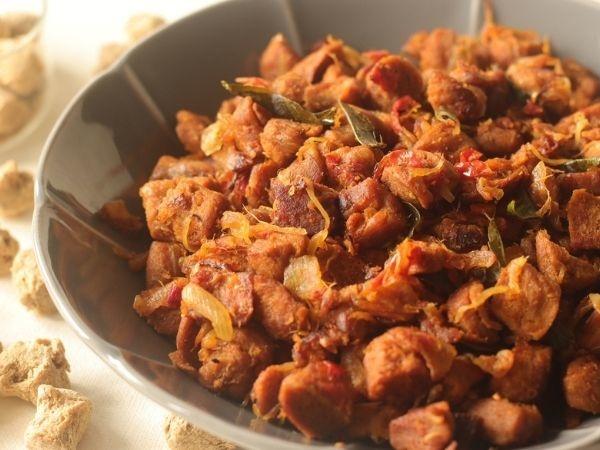
Credit: iStock
There is no convincing evidence that eating soy-based food increases the risk of breast cancer in humans. This misunderstanding, however, might arise from earlier studies conducted on rodents. Scientists of this study showed that when these animals received large amounts of soy-compounds called flavones, they showed likelihood to develop breast cancer.
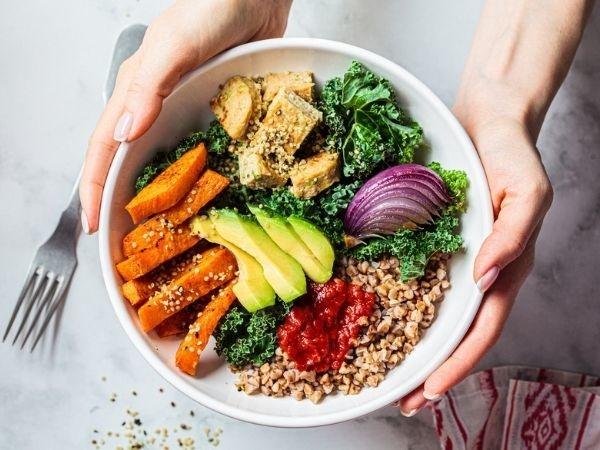
Credit: iStock
A study published by the International Journal of Epidemiology, in February 2020, searched associations between soy intake and breast cancer risk by following 52,795 cancer-free women in the US for an average of 7.9 years. In the results, they found no substantial association between soy intake and breast cancer, but they did identify a link between dairy (milk) and breast cancer.
Soy as an ingredient is loaded with fibre and is a good source of protein, omega 3, and antioxidants. Research also suggests that soy has a good amount of protein which is well absorbed by the body, and the best way to consume it is in bean form, tofu, tempeh, and other such forms.
7. Veganism is a cult
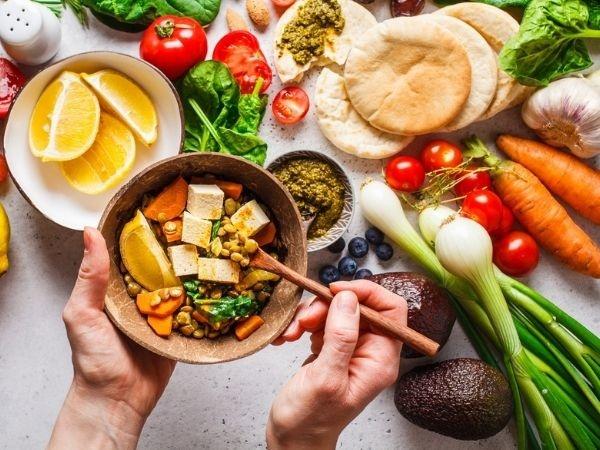
Credit: iStock
Being compassionate and conscious can never be a cult. Veganism is a lifestyle that utilises an ideology to bring people closer to their instincts. This means bringing us closer to eating what nature has designed and grown for us, rather than exploiting animals and other sentient beings.
Lead Image Credit: Alia Bhatt and Yami Gautam Dhar, Instagram



